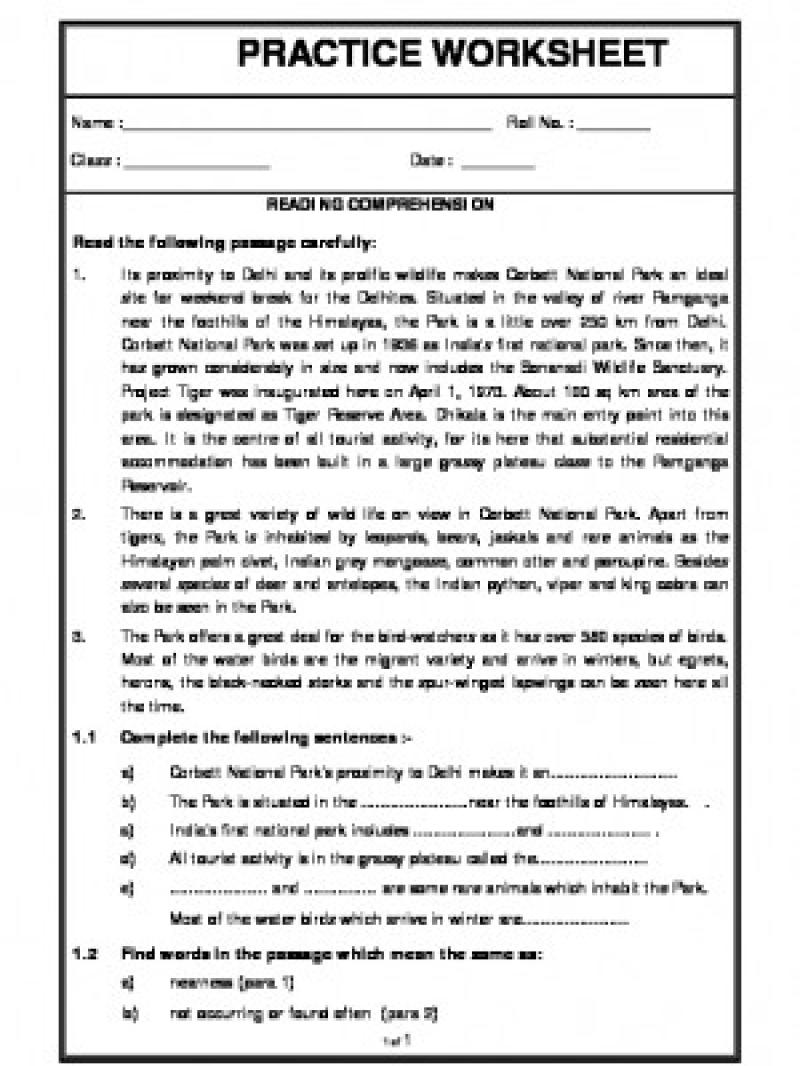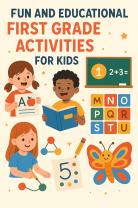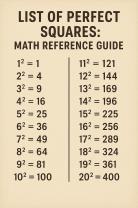What is Passage Comprehension?
Passage comprehension is a term commonly used in the context of reading assessments to evaluate an individual's understanding of a given text or passage. It is a measure of a person's ability to grasp and interpret the meaning of written information. Passage comprehension assessments are frequently used in educational settings to evaluate reading proficiency, language comprehension, and overall literacy skills.
The process of passage comprehension involves several key elements:
Literal Understanding: This involves understanding the explicit and straightforward information presented in the text. Readers should be able to identify and recall facts, details, and events directly stated in the passage.
Inferential Understanding: Beyond literal comprehension, readers are expected to make inferences by drawing conclusions and making predictions based on implicit information in the text. Inferences involve connecting pieces of information and using background knowledge to understand the author's intended meaning.
Vocabulary Comprehension: A strong vocabulary is essential for passage comprehension. Readers need to understand the meaning of words in context to fully grasp the message conveyed by the author.
Context Clues: Effective readers use context clues to understand unfamiliar words or concepts. These clues may include surrounding words, phrases, or the overall context of the passage.
Main Idea and Supporting Details: Passage comprehension also involves identifying the main idea of the text and recognizing the supporting details that contribute to the central message.
Passage comprehension assessments can take various forms, including standardized tests, classroom assessments, or informal reading comprehension exercises. These assessments may include questions that require students to answer multiple-choice questions, short answer responses, or even essays that demonstrate a deeper understanding of the text.
Improving passage comprehension skills is crucial for academic success and lifelong learning. Teachers and educators often use various strategies to enhance students' reading comprehension, such as vocabulary instruction, explicit teaching of reading strategies, and exposure to a variety of texts across different genres and topics. Regular practice with passages of increasing complexity can also contribute to the development of strong passage comprehension skills.
What is Passage Comprehension and how is it assessed?
Passage comprehension is the ability to understand the meaning of a written passage. It is a complex skill that involves a number of different cognitive processes, including:
- Decoding: The ability to recognize and pronounce words.
- Vocabulary: The ability to understand the meaning of words.
- Background knowledge: The ability to use prior knowledge to understand the meaning of a passage.
- Inference: The ability to draw conclusions about the meaning of a passage that are not explicitly stated.
- Main idea identification: The ability to identify the central theme or topic of a passage.
- Supporting details: The ability to identify the details that support the main idea of a passage.
- Sequencing: The ability to understand the order in which events or ideas are presented in a passage.
Passage comprehension is typically assessed using multiple-choice questions, short-answer questions, or essay questions. Multiple-choice questions may ask students to identify the main idea of a passage, identify supporting details, or draw inferences. Short-answer questions may ask students to summarize a passage or explain the meaning of a particular passage. Essay questions may ask students to analyze or evaluate a passage.
How does Passage Comprehension contribute to language proficiency evaluations?
Passage comprehension is an important component of language proficiency evaluations because it is essential for success in academic and professional settings. People who are proficient in passage comprehension are able to read and understand complex texts, such as textbooks, research papers, and news articles. They are also able to write clear and concise essays that support their ideas with evidence.
Passage comprehension is typically assessed in language proficiency evaluations using the same types of questions that are used to assess passage comprehension in general education settings. However, language proficiency evaluations may also include questions that assess the student's ability to comprehend passages in their native language.
Are there strategies for improving Passage Comprehension skills?
There are a number of strategies that students can use to improve their passage comprehension skills. Here are a few tips:
- Preview the passage: Before you begin reading a passage, take a few minutes to preview it by skimming the title, headings, and introduction. This will give you a general idea of the topic of the passage and the author's main points.
- Read actively: As you read, pay attention to the author's main points and supporting evidence. Ask yourself questions about the passage, such as "What is the author's main point?" "How does the author support their claims?" and "What is my understanding of the passage so far?"
- Annotate the passage: As you read, mark up the passage by highlighting key terms, underlining important sentences, and writing notes in the margin. This will help you to remember the main points of the passage and to identify areas that you need to clarify.
- Reread the passage: After you have finished reading a passage, reread it to make sure that you understand the main points and supporting evidence. If you do not understand something, try to reread the passage or look up the information in a dictionary or encyclopedia.
- Discuss the passage with others: Discussing a passage with others can help you to better understand the passage and to identify different interpretations of the passage.
By following these strategies, students can improve their passage comprehension skills and become more proficient readers.













